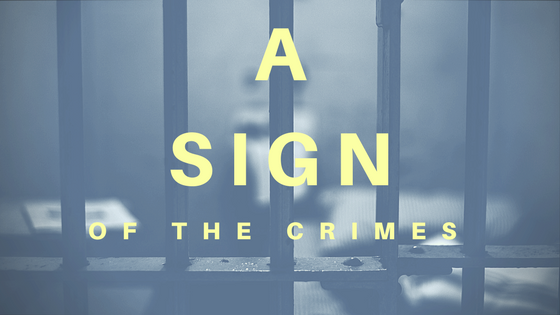I downloaded this a couple of years ago as part of a commissioned project looking into literary estates but only got around to reading it this year. Let me tell you, tracking Rhode’s estate on Google is a nightmare: his real surname was Street and his descendants are called Green and Park, meaning I ended up with a lot of roadmaps (should that be rhodemaps?). Anyway, Death at Breakfast is enjoyable. It’s very much a puzzle and little more. I didn’t solve it, because I was so convinced I’d spotted something (either a red herring or plain irrelevant) on page 2. So… Rhodes did his job well!
The Pale Horse (1961) by Agatha Christie
One of Agatha Christie’s finest novels and convincing evidence that she was an author, particularly in her last decades, of biting social relevance. A series of apparently unconnected deaths may have at its heart ancient witchcraft or something much more modern and equally sinister. Shed your preconceptions about Christie as a writer, laser away any television adaptations from your retinas, and enjoy.
The Sixth Window (2017) by Rachel Abbott
The sixth book in the DCI Tom Douglas series, and my introduction to both the character and the author, The Sixth Window is an excellent psychological thriller/police procedural hybrid. A twisty and compelling narrative about a woman discovering her husband’s dark side and feeling she has nowhere to turn. If the twists are predictable, that doesn’t matter: as is so often the case, it’s the journey that compels.
Deadly Scholars (2018) directed by Danny J. Boyle
Quite possibly the worst, most pointless piece of drama ever committed to film. It’s an American high school slasher mystery and I get that I’m not in the target audience but who is…? There’s a real mystery.
Identity Crisis (2019) by Ben Elton
After reading and loving David Nicholls’ The Understudy, I was in the mood for more satire. So, I picked up this book (remembering that Dead Famous by the same author was recommended to me a lot when it came out in 2004 but I never got round to reading it). Well, I was disappointed. It’s probably unfair to compare them, but it does show the difference between the two writers. Nicholls’ satire plays into universal tropes/types/themes, whereas Elton has specific contemporary targets. There is a lot of thin veiling here – Brexit, Boris Johnson, Germaine Greer, Cambridge Analytica, etc. As such, it all becomes a bit gestural and ultimately quickly dated. The concept is that the twin evils of social media and political correctness are stifling a murder investigation that ultimately exposes sinister cabals at the heart of capitalism itself.

